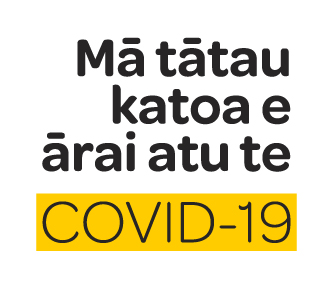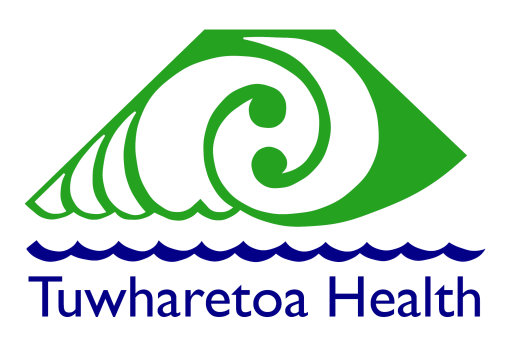Our services remain the same for Level 3.

Please keep your whānau safe by following the government’s guidelines for Level 3.
Alert Level 3 — Restrict
High risk the disease is not contained.
Risk assessment
- Community transmission might be happening.
- New clusters may emerge but can be controlled through testing and contact tracing.
Range of measures (can be applied locally or nationally)
- People instructed to stay home in their bubble other than for essential personal movement — including to go to work, school if they have to or for local recreation.
- Physical distancing of two metres outside the home (including on public transport), or one metre in controlled environments like schools and workplaces.
- Bubbles must stay within their immediate household bubble, but can expand this to reconnect with close family/whānau, or bring in caregivers, or support isolated people. This extended bubble should remain exclusive.
- Schools (years 1 to 10) and Early Childhood Education centres can safely open but will have limited capacity. Children should learn at home if possible.
- People must work from home unless that is not possible.
- Businesses can open premises, but cannot physically interact with customers.
- Low-risk local recreation activities are allowed.
- Public venues are closed. This includes libraries, museums, cinemas, food courts, gyms, pools, playgrounds, markets.
- Gatherings of up to 10 people are allowed but only for wedding services, funerals and tangihanga. Physical distancing and public health measures must be maintained.
- Healthcare services use virtual, non-contact consultations, where possible.
- Inter-regional travel is highly limited to, for example, essential workers, with limited exemptions for others.
- People at high risk of severe illness (older people and those with existing medical conditions) are encouraged to stay at home where possible, and take additional precautions when leaving home. They may choose to work.

Recent Comments